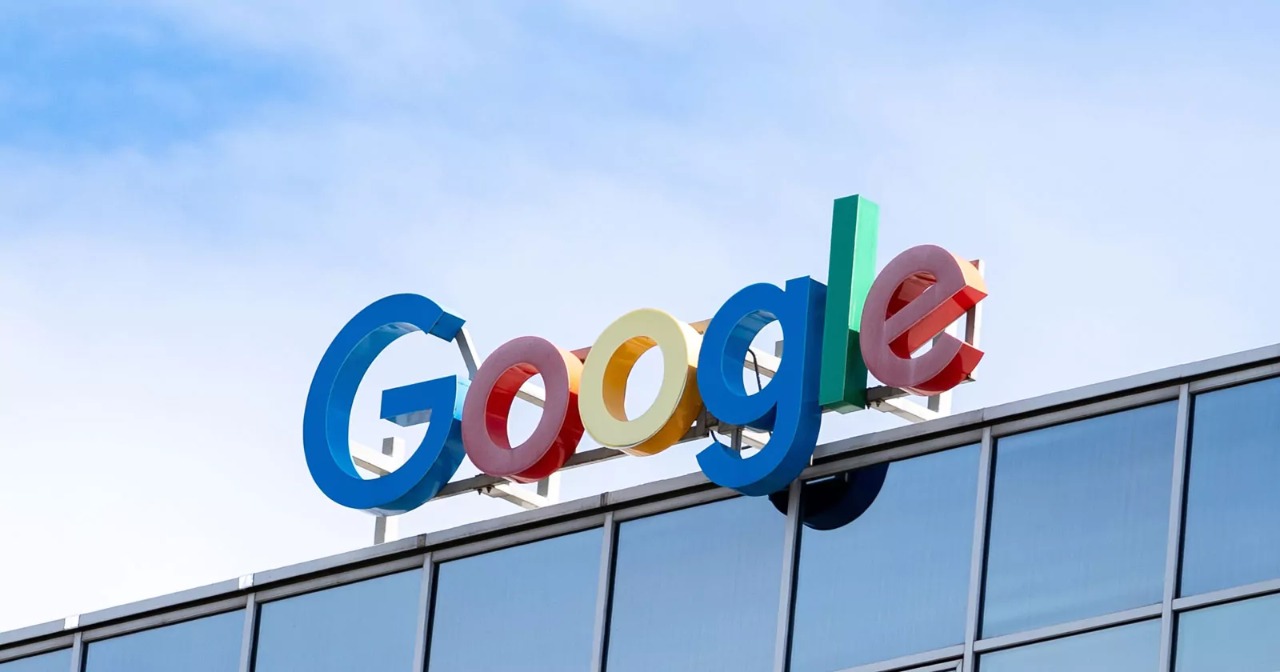
Proposed changes to Google’s search engine put users’ privacy and security at risk
The U.S. Department of Justice (DOJ) shared a broad outline of radical changes it may demand as part of its lawsuit over how we distribute Search.
The leadership of Google has categorically opposed these proposals. In particular, it was noted that the case is about a set of search distribution contracts. Rather than focus on that, the government seems to be pursuing a sweeping agenda that will impact numerous industries and products, with significant unintended consequences for consumers, businesses, and American competitiveness.
Here are some of the changes presented by the DOJ, which Google considers to be fraught with unintended consequences and dangers:
Forcing Google to share its search queries, clicks, and results with competitors, which risks its privacy and security.
Hampering Google’s AI tools risks holding back American innovation at a critical moment. Not only is AI a new industry, but it’s hard to think of a technology more important for America’s technological and economic leadership.
Splitting off Chrome or Android would break them. Chrome is a secure, fast, and free browser and its open-source code provides the backbone for numerous competing browsers. Android is a secure, innovative, and free open-source operating system that has enabled vast choice in the smartphone market, helping to keep the cost of phones low for billions of people.
Changes to the online advertising market would make online ads less valuable for publishers and merchants, and less useful for consumers. Google’s innovative ads system has leveled the playing field for small businesses and publishers.
Unreasonable restrictions on how Google promotes our search engine would create friction for consumers and harm businesses. Overbroad restrictions on distribution contracts designed to make Google Search easily available would create friction for people who just want to easily search for information. And those restrictions would reduce revenue for companies like Mozilla (reducing its ability to invest in its own browser) and Android smartphone makers (potentially raising phone prices).


